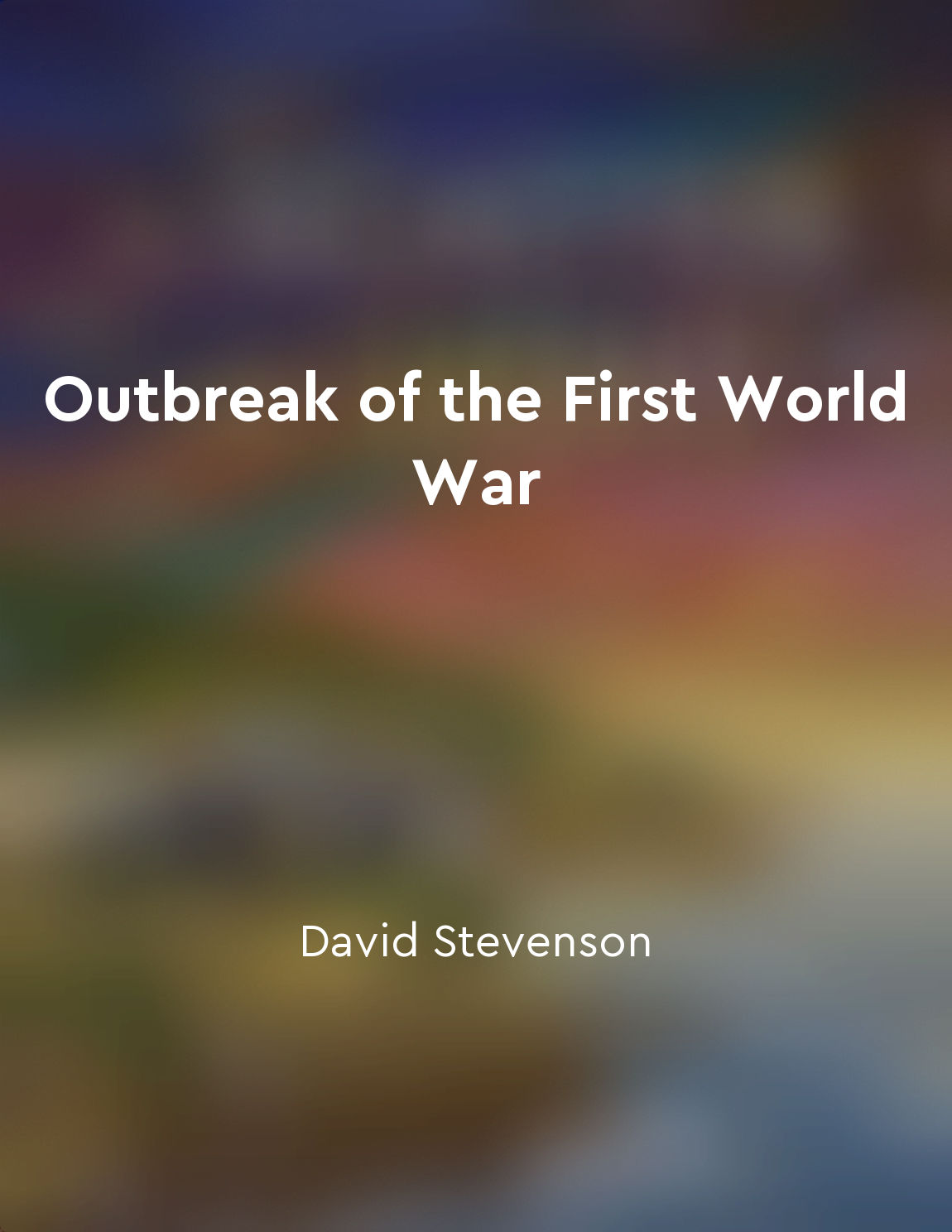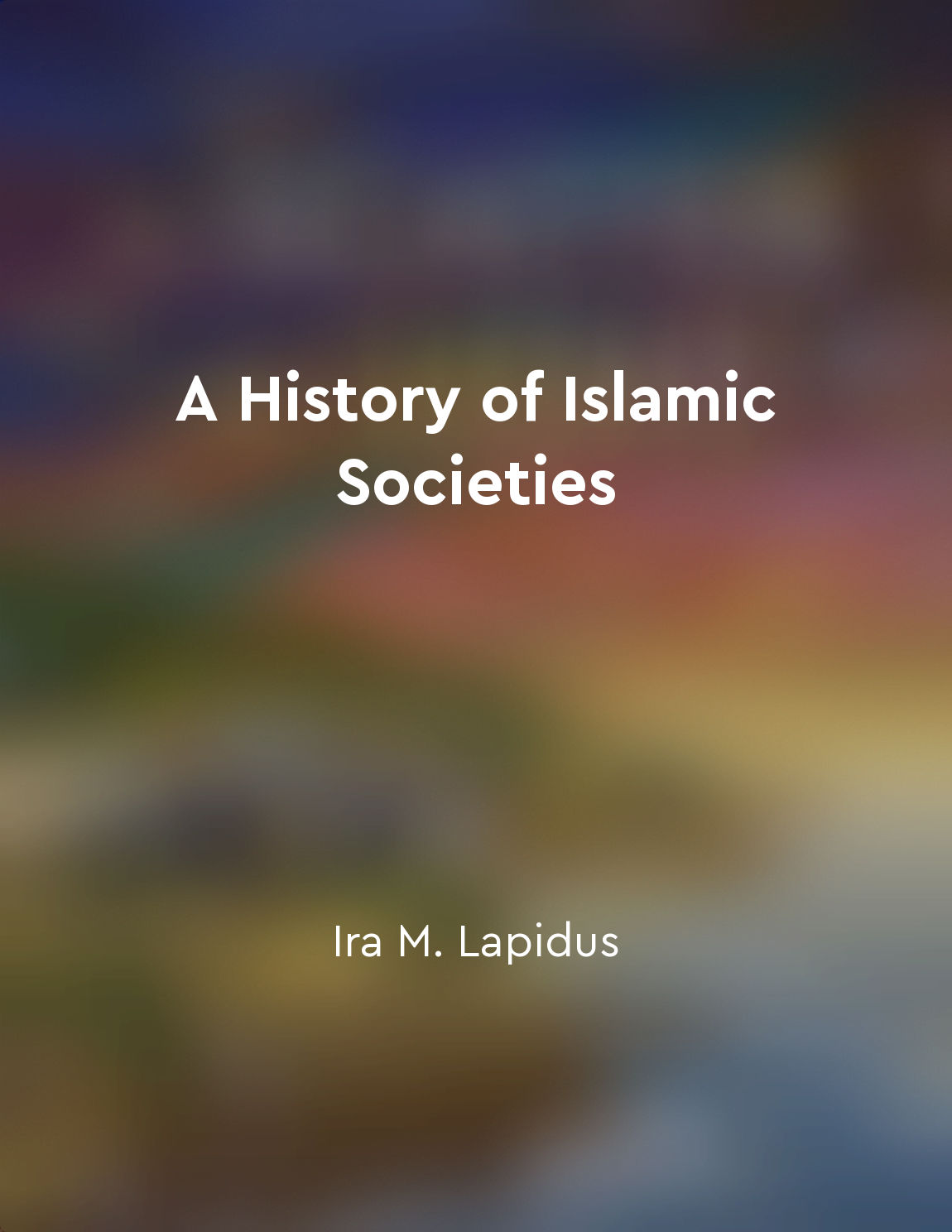Islamic societies faced challenges from European colonial powers from "summary" of A History of Islamic Societies by Ira M. Lapidus
Islamic societies encountered formidable obstacles from European colonial powers that sought to exert their dominance over vast territories in the Middle East, Africa, and Southeast Asia. These European powers, armed with advanced military technology and political strategies, attempted to weaken and eventually subjugate Islamic societies to serve their economic and political interests. The imposition of colonial rule disrupted traditional social structures and undermined the authority of local rulers and religious leaders in Islamic societies. Colonial powers exploited internal divisions within Islamic societies and manipulated existing rivalries to further their colonial ambitions. They often employed a divide-and-conquer strategy, pitting different groups against each other to weaken the overall resistance to colonial rule. This strategy sowed discord and conflict within Islamic societies, making it easier for colonial powers to maintain control and exploit the resources of the region. European colonial powers also sought to impose their cultural and religious beliefs on Islamic societies, viewing Islam as an obstacle to their civilizing mission. They promoted Western education, languages, and customs while denigrating Islamic traditions and values. This cultural imperialism further alienated Islamic societies from their own heritage and identity, leading to a crisis of confidence and a sense of inferiority among some segments of the population. Moreover, European colonial powers implemented economic policies that favored their own interests at the expense of Islamic societies. They imposed exploitative trade practices, extracted natural resources, and established monopolies that enriched European merchants and industrialists while impoverishing local populations. The economic dependency created by colonial rule further weakened Islamic societies and hindered their development and progress. Despite these challenges, Islamic societies did not passively accept colonial domination. Resistance movements emerged, led by nationalist leaders, intellectuals, and religious figures who sought to preserve their cultural and political autonomy. These movements varied in their strategies and goals, ranging from armed uprisings to diplomatic negotiations, but they all shared a common desire to resist European colonialism and reclaim their independence.- The encounter between Islamic societies and European colonial powers was marked by complex power dynamics, cultural clashes, and economic exploitation. The legacy of this colonial legacy continues to shape the contemporary geopolitical landscape of the Muslim world, highlighting the enduring impact of colonialism on Islamic societies.
Similar Posts
India's ancient civilizations have left a lasting impact on the world
The ancient civilizations of India have had a profound and enduring impact on the world, shaping the course of history in signi...
Investigate the development of political systems over time
The examination of political systems throughout history reveals a fascinating evolution of governance structures and ideologies...
Grassroots movements are essential for democratic change
The vitality of democracy depends on the active engagement of everyday people who are willing to challenge the status quo and f...
The Second Temple was built in Jerusalem
The Second Temple, also known as the Herodian Temple, was constructed in Jerusalem during the first century B.
C. by Herod the...
The war reshaped global power dynamics
The impact of the war on global power dynamics was profound. Prior to the conflict, the world was dominated by a handful of gre...
The call to action and resistance against oppression
In the face of oppression, there arises a call to action that stirs the hearts of the oppressed to resist and fight for their r...
Expansion of the Ottoman Empire
The power of the Turks, after the fall of Bagdad, was exercised by the Sultan of Iconium, who beheld with a jealous eye the con...

Lessons learned from the tragedy
The cataclysm of 1914 marked the beginning of a new era in international relations. The devastating consequences of the First W...
The rise of alQaeda's influence
The rise of al-Qaeda's influence can be traced back to the organization's ability to exploit the grievances of Muslims around t...
Acquisition of territories
The East India Company's hunger for territorial gain was insatiable. It relentlessly sought to expand its dominion, swallowing ...


